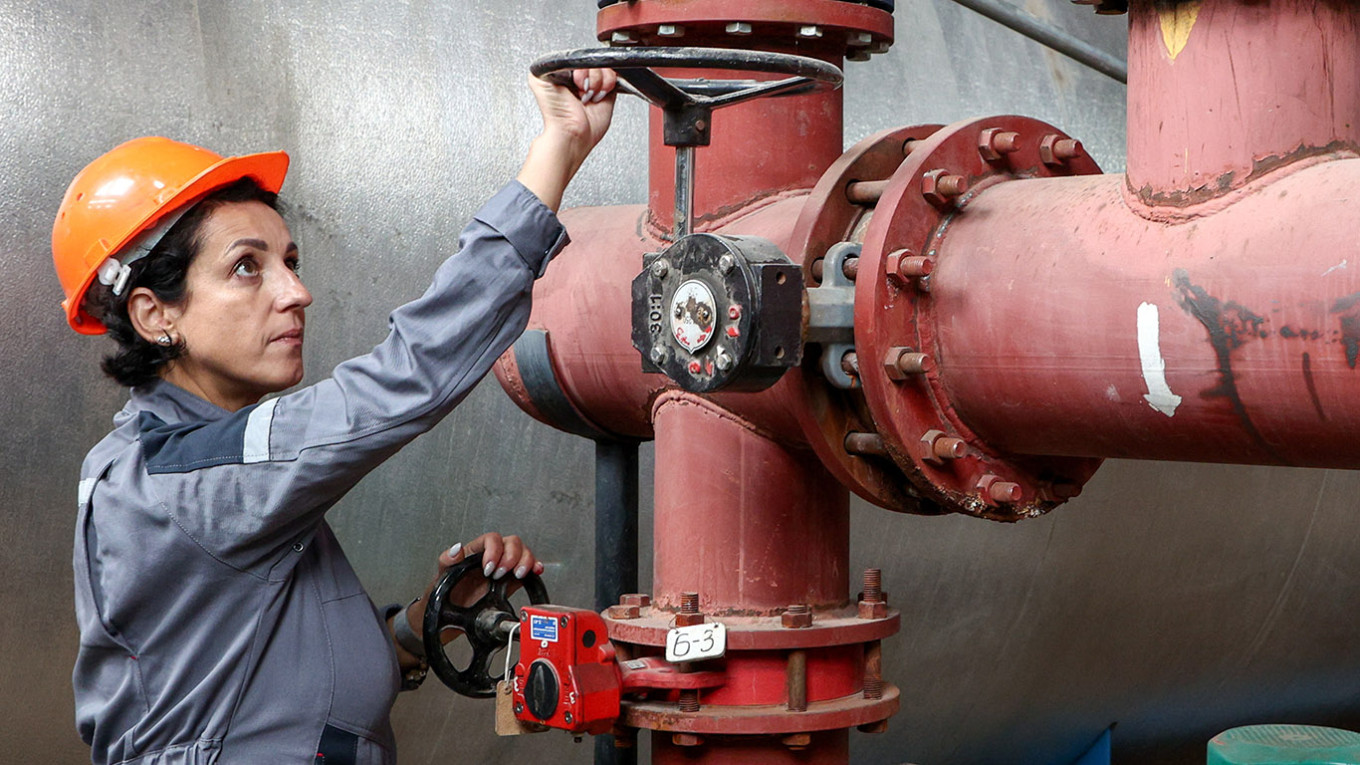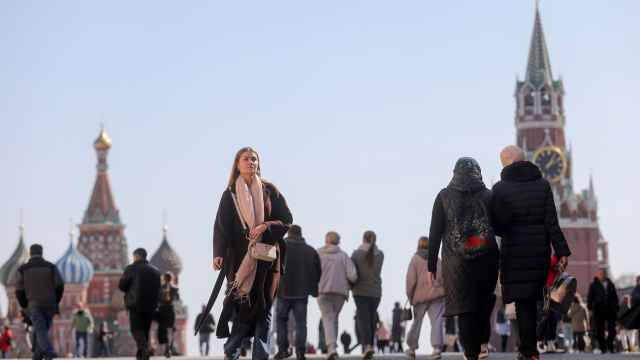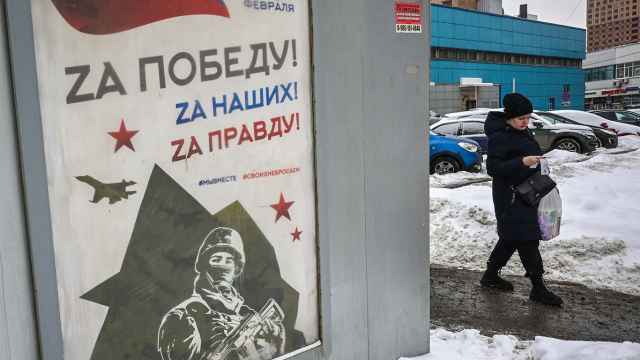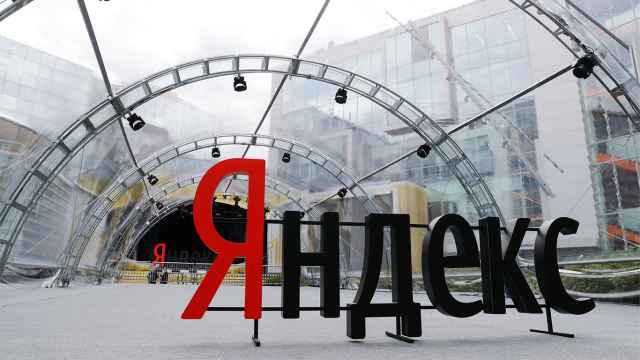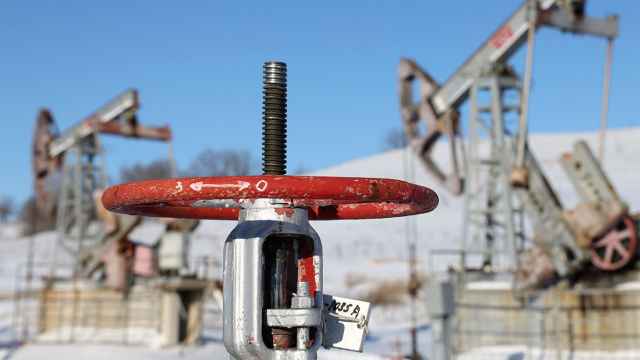Russian officials, businesses and media have been reporting shortages of workers across different sectors of the economy for over a year.
Now some are saying that the reality of labor deficit is a new reality that the country will have to live with in the coming years.
"There will never be cheap labor in our country again," said Dmitry Sergienkov, CEO of Russia's leading online recruitment platform HeadHunter, in a September interview with the Kommersant business daily.
According to Sergienkov, Russia's labor force has shrunk by 1 million in the past two years because the smaller, often more demanding generation of workers born in the 1990s cannot replace retirees — a situation that is set to worsen over the next five years.
Sergienkov’s observations are backed up by trends in data.
Russia's gross labor turnover rate, which shows the ratio of the workers fired and hired to the average labor force, rose to 65% in 2023, a record level for the entire post-Soviet period, according to a study by Moscow’s Higher School of Economics. The higher the figure, the more workers are leaving and being hired by companies than are staying put.
In the months between June and August, Russia's monthly unemployment rate fell to a historic low of 2.4%, official statistics show.
Against this backdrop, Russian companies sweeten the conditions for new employees, while casting a wider net in terms of who they want to attract to work for them such as older jobseekers.
Russian officials expect real wages, or average wages adjusted for inflation, to rise by 9.2% in 2024 compared to an 8.2% increase in 2023.
For the three years prior, Russian real wages stagnated below 5% when adjusted for inflation.
By 2027, the average monthly salary in Russia will amount to 100,000 rubles ($1,040), the Economic Development Ministry forecast.
This growth is already evident for those within Russia who have had to switch jobs. It has become easier to get a job paying 100,000 rubles (about $1,026) a month — generally regarded as the threshold for making ends meet in Moscow and other major Russian cities.
"Everything is getting more expensive, but wages are growing a bit faster," a jobseeker in the advertising sector who recently received several offers from Moscow companies told The Moscow Times.
Why is there a shortage of workers?
The “determining” reason for the current labor trends is the changing structure of labor demand, first affected by the pandemic and then by Western sanctions over the 2022 full-scale offensive on Ukraine, Rostislav Kapelushnikov, the country’s top labor expert, said in his research.
In both the pandemic and the war, Russian companies in certain industries needed more workers than they could easily find due to a relatively tight labor pool.
During the Covid pandemic, it was companies doing business online that received a strong boost to expand production. This trend continued after people were released from lockdown with savings to spend.
Russia is one of several countries where the Covid crisis drove unemployment down.
But Russia is a unique case, as the invasion of Ukraine sparked an increase in demand for labor in the industries affected by the war, and ushered in a major period of structural adjustment in the economy.
The war and the ensuing exodus of Western companies led to pent-up demand from the military-industrial complex, government agencies, parallel importers and companies that managed to occupy the niches left by the exiting foreign companies, Kopelushnikov said.
A study by the To Be Exact website found a spike in wage increases in municipalities with military production facilities, while the media report anecdotal evidence of Russians gaining opportunities to make money in regions plagued by post-Soviet industrial decline.
What next?
In order to bring the labor market into equilibrium, either the supply of labor has to increase or the demand for labor has to cool down.
According to Kapelushnikov, it is unlikely that the labor supply will increase in the short term.
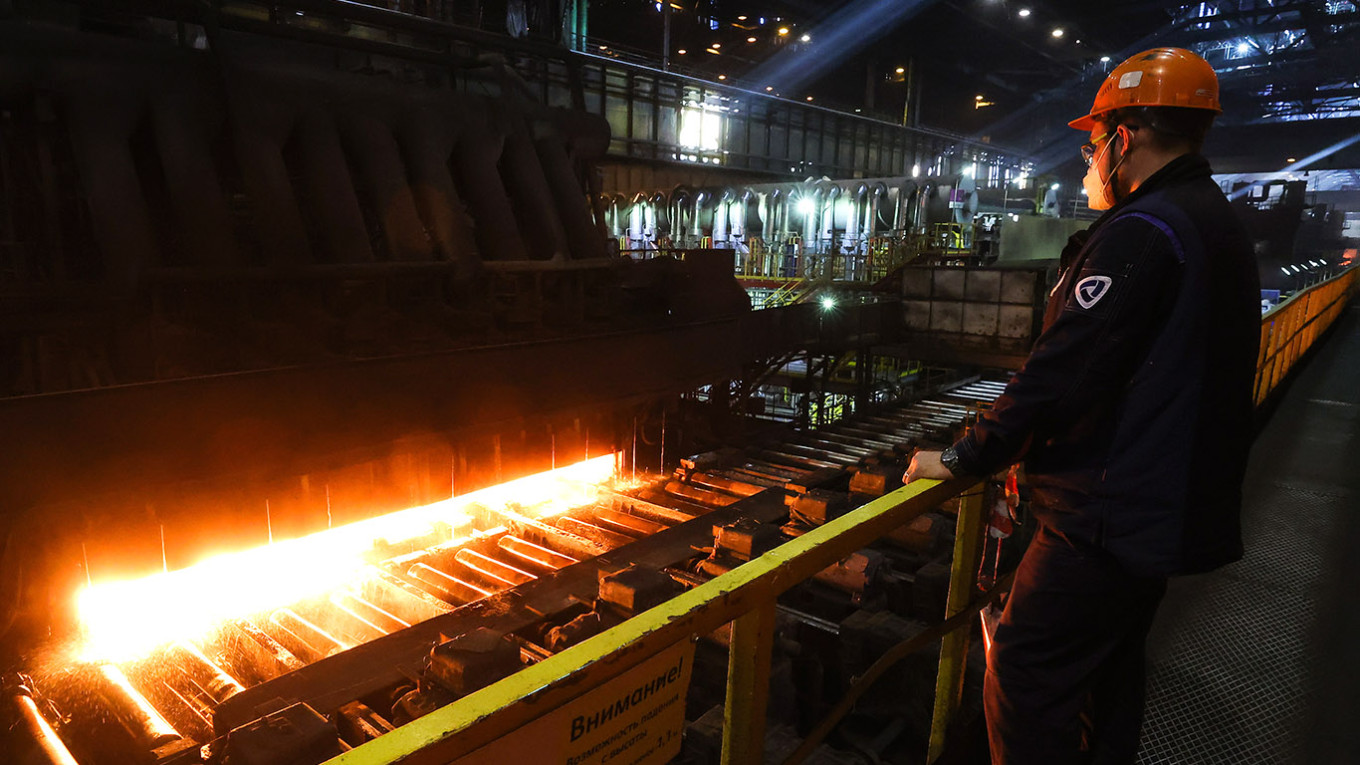
For example, it might require young people to refrain from attending university — which would deal a blow to the development of human capital — or a sharp increase in migration, which would be limited by the likely closing of the wage gap between Central Asian countries and Russia and by Moscow's restrictions on migration.
A more likely scenario is that the demand for more workers will slow down as thriving companies fill their vacancies, while firms in less thriving sectors will no longer be able to attract new workers at wages above inflation, Kapelushnikov said.
This, in turn, will lead to these companies scaling back their hiring plans, reducing demand for new staff and pushing down prices for labor.
The current surge in wages is supported primarily by government spending and shows signs of a "bubble,” economist Natalya Zubarevich said in a recent interview with Russian Bild.
"The dampening effect will slowly manifest itself, because this crazy increase [in wages] is not supported by labor productivity growth, but is the result of huge [injections] of money, mainly from the federal budget, into the economy, mainly into the military-industrial complex, but spreading to other types of activity," she said.
According to Zubarevich, many companies will stop raising wages in the future, with inflation eating into workers' real incomes.
A Message from The Moscow Times:
Dear readers,
We are facing unprecedented challenges. Russia's Prosecutor General's Office has designated The Moscow Times as an "undesirable" organization, criminalizing our work and putting our staff at risk of prosecution. This follows our earlier unjust labeling as a "foreign agent."
These actions are direct attempts to silence independent journalism in Russia. The authorities claim our work "discredits the decisions of the Russian leadership." We see things differently: we strive to provide accurate, unbiased reporting on Russia.
We, the journalists of The Moscow Times, refuse to be silenced. But to continue our work, we need your help.
Your support, no matter how small, makes a world of difference. If you can, please support us monthly starting from just $2. It's quick to set up, and every contribution makes a significant impact.
By supporting The Moscow Times, you're defending open, independent journalism in the face of repression. Thank you for standing with us.
Remind me later.



